The Supreme Court of India has agreed to hear a significant and potentially precedent-setting case on whether Muslims in India can be governed by secular Indian succession law instead of Islamic Shariat law, without giving up their religious identity.
According to ANI, a bench comprising Chief Justice Sanjiv Khanna and Justice Sanjay Kumar on Thursday took cognisance of a petition filed by Naushad K K, a resident of Thrissur district in Kerala. The petitioner has argued that he wishes to be governed by Indian succession law applicable to other citizens of the country, rather than by personal religious law, all while continuing to practise Islam.
The bench has issued notices to the Union Government and the Kerala State Government, seeking their responses to the plea. As per ANI, the court has also directed that this case be clubbed with other similar petitions that are currently pending.
One of the linked cases is that of Safiya P M, a resident of Alappuzha and the general secretary of the group ‘Ex-Muslims of Kerala’. Safiya had earlier approached the court in April last year with a similar plea, stating that although she identifies as a non-believing Muslim, she wanted to deal with her ancestral property in accordance with Indian succession law rather than under the framework of Shariat.
Additionally, the Supreme Court is already in possession of a third related petition filed as far back as 2016 by the ‘Quran Sunnat Society’. That case also seeks judicial clarity on whether Muslims can voluntarily opt out of being governed by personal laws in certain civil matters, such as inheritance and property succession, without facing religious consequences.
“Hope Supreme Court will do justice”: Maulana Yasoob Abbas on Waqf Amendment Act
All India Shia Personal Law Board (AISPLB) General Secretary Maulana Yasoob Abbas, on Thursday expressed hope in the Supreme Court, saying the Court`s observations while hearing the petitions against the Waqf Amendment Act have raised faith in the judiciary.
Speaking to ANI, Maulana Abbas, while emphasising the importance of resolving issues within the constitutional framework, urged people to uphold unity and brotherhood, and to ensure that peace in the country is not disrupted.
“Today is the second day of the hearing, and I hope that the Supreme Court will do justice for us. The way the Court heard the case yesterday has raised our hopes. If the judiciary does not deliver justice, then where will a person go? We are trying to resolve all matters while staying within the framework of the Constitution,” he said.
“I will appeal to the people to maintain brotherhood and unity among themselves and not let anything happen that would disturb the peace of the country,” Maulana Yasoob Abbas added.
(With inputs from ANI)
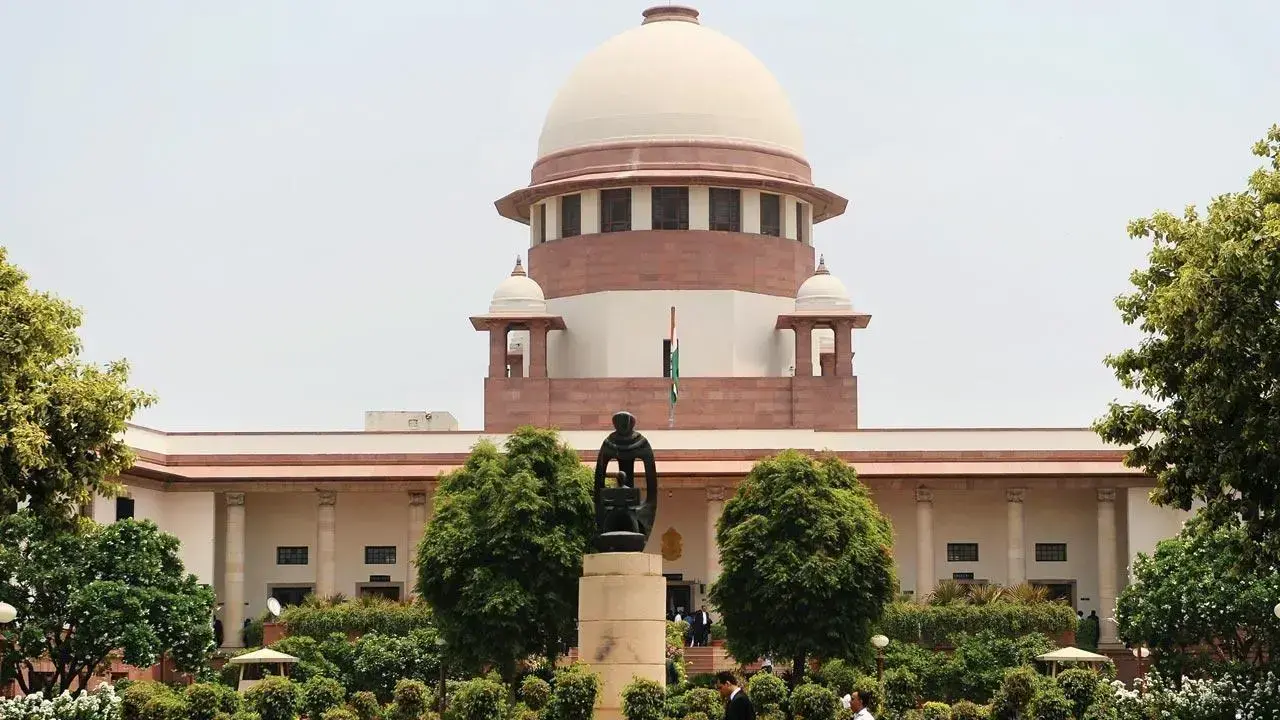
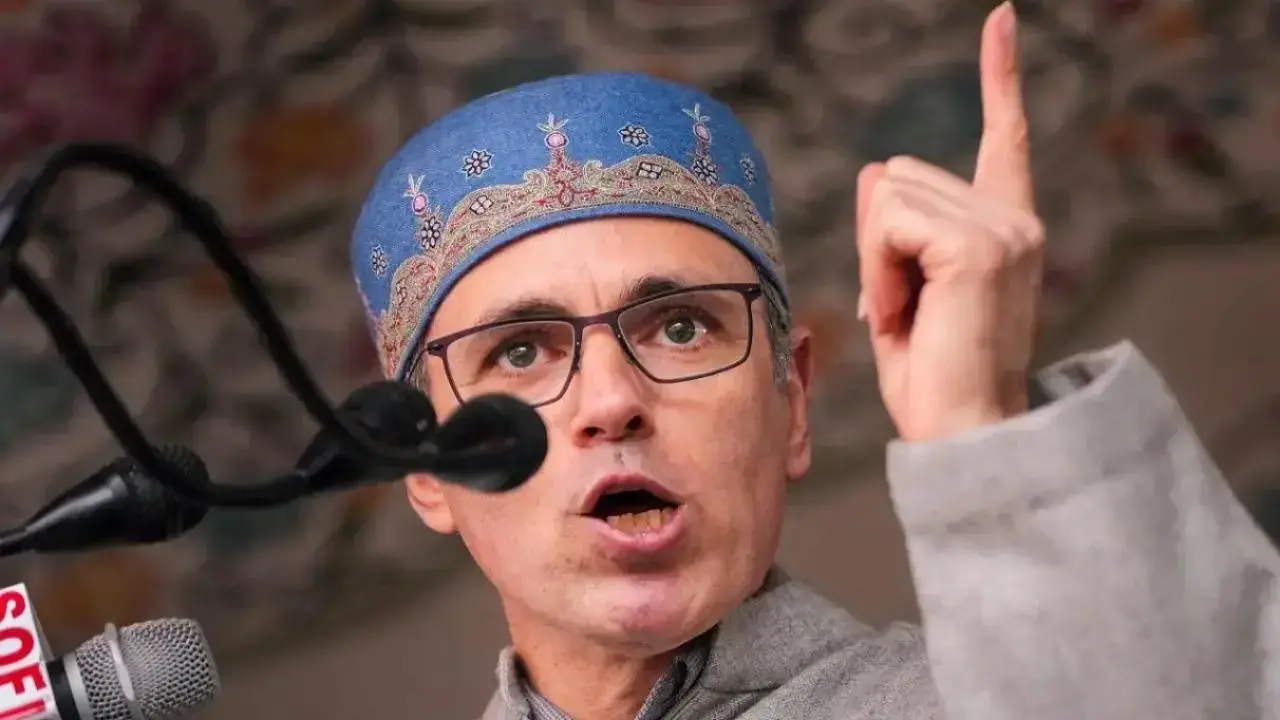
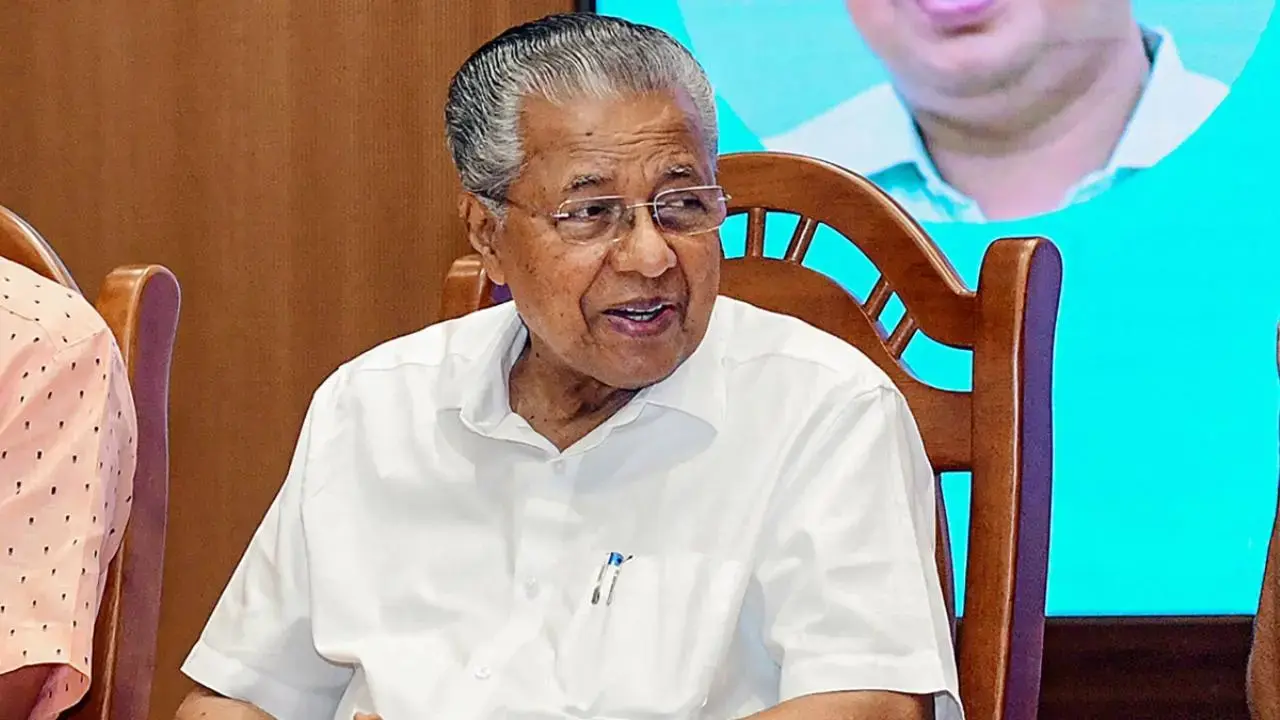

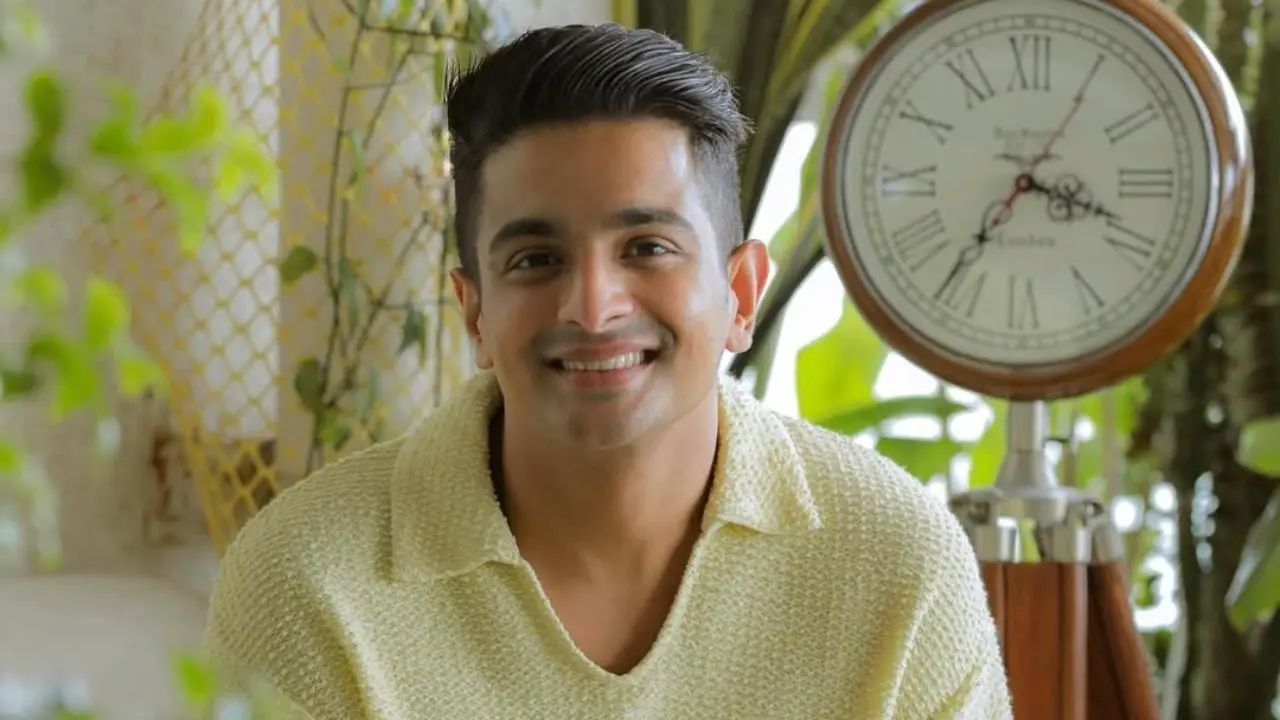


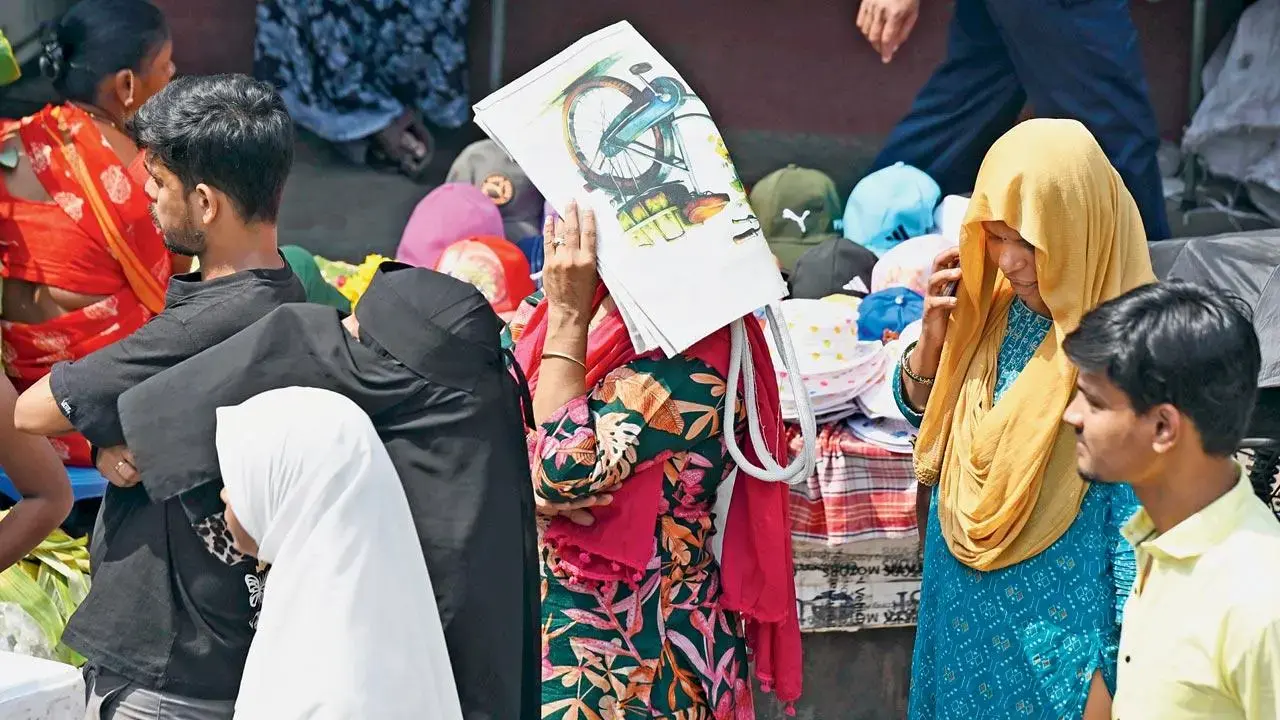
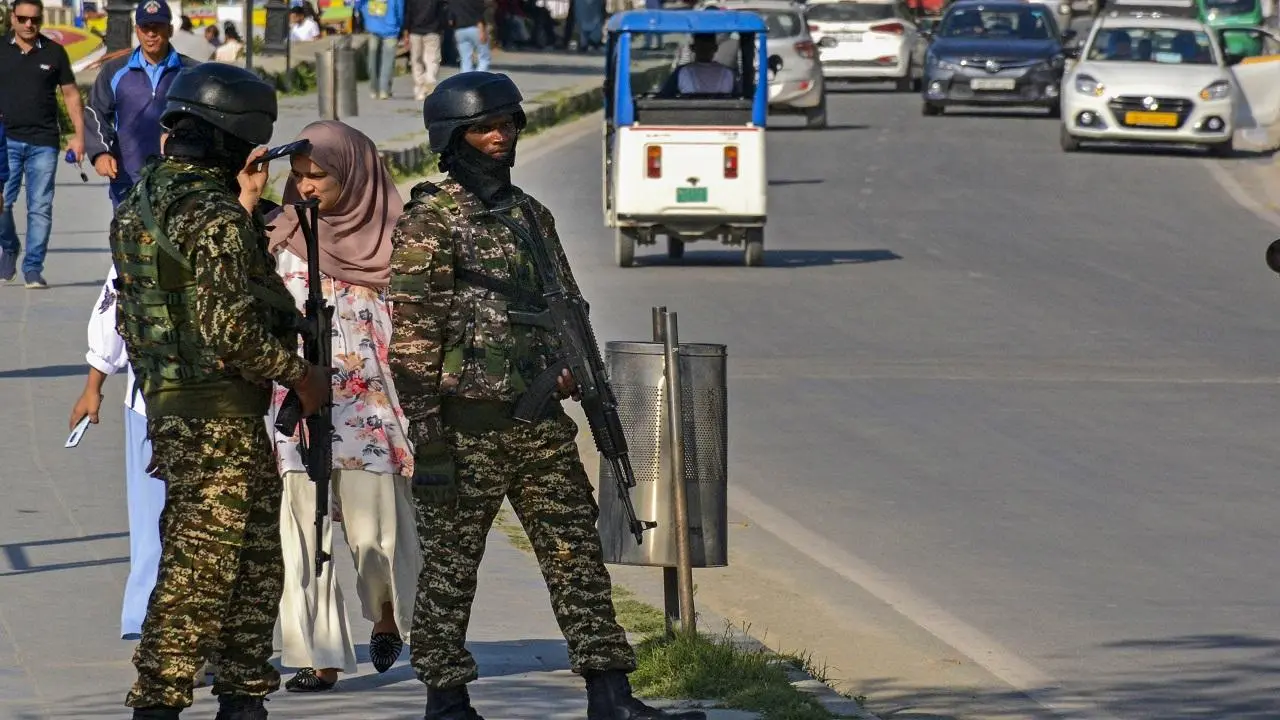


Leave a Reply